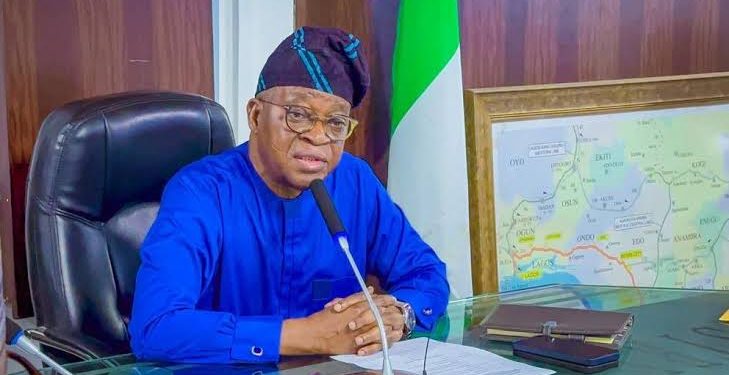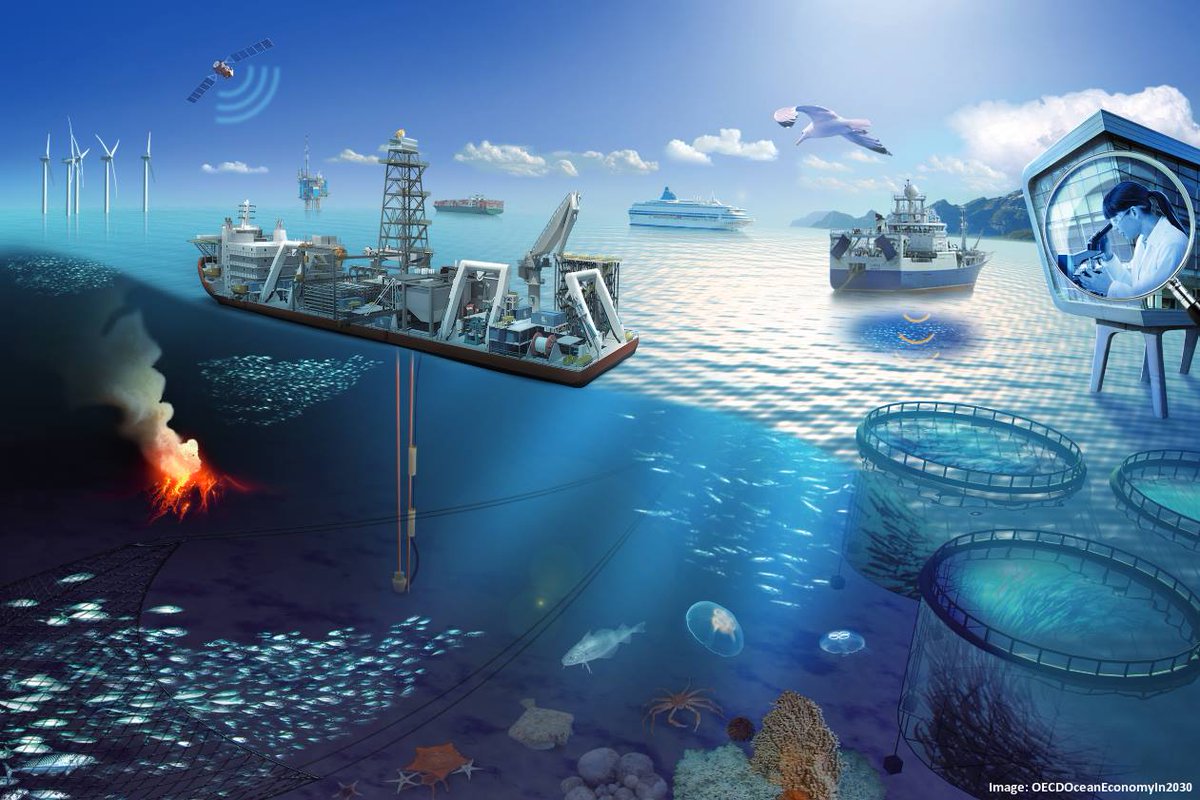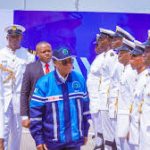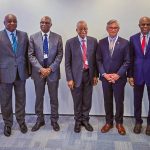Nigeria is stepping up efforts to transform its marine and blue economy sector, unveiling a new strategic direction aimed at unlocking vast opportunities in maritime infrastructure, coastal tourism, renewable energy, aquaculture, and inland waterway transport.
At a high-level stakeholders forum in Lagos, the Minister of Marine and Blue Economy announced the launch of a newly approved National Policy on Marine and Blue Economy. The policy, recently endorsed by the Federal Executive Council, lays the foundation for a more robust and sustainable economic agenda under President Bola Ahmed Tinubu’s Renewed Hope framework.
According to the minister, the blueprint outlines a coordinated path for developing Nigeria’s coastal and marine assets into viable sources of growth and jobs, positioning the sector as a critical contributor to national development.
Among the priority actions is the full reconstruction of Apapa and Tin Can Island Ports as part of the Western Port Rehabilitation Programme. These upgrades are being backed by the implementation of digital tools like the Port Community System and the E-Call-Up System, designed to reduce bottlenecks, improve turnaround times, and enhance investor confidence in Nigeria’s port ecosystem.
Efforts are also underway to restore a national shipping carrier through a public-private partnership model, signalling the country’s ambition to reclaim a competitive stake in international maritime trade.
On water safety and regulation, over 42,000 life jackets have been distributed across inland waterways, and new guidelines have been introduced to improve passenger safety. This is in line with broader efforts to expand and regulate water transport as an alternative and efficient mode of travel and logistics.
In the fisheries and aquaculture subsector, infrastructure development and revitalization are being prioritized to boost food security, create jobs, and empower coastal communities. This aligns with the ministry’s goal of turning the marine economy into a driver of both economic and social inclusion.
The minister also highlighted a milestone achievement,three consecutive years without any piracy incidents in Nigerian waters, a development that signals improved maritime security and governance.
As Nigeria bids for a seat on the International Maritime Organization Council, the country is reinforcing its international maritime standing while advancing domestic reforms.
The minister emphasized that innovation, strategic investment, and strong partnerships between government, private sector, and global stakeholders will be essential in building a truly sustainable and inclusive blue economy. With this new roadmap, Nigeria is positioning itself to harness its coastal wealth not just for economic gain, but for the long-term wellbeing of its people and environment.










